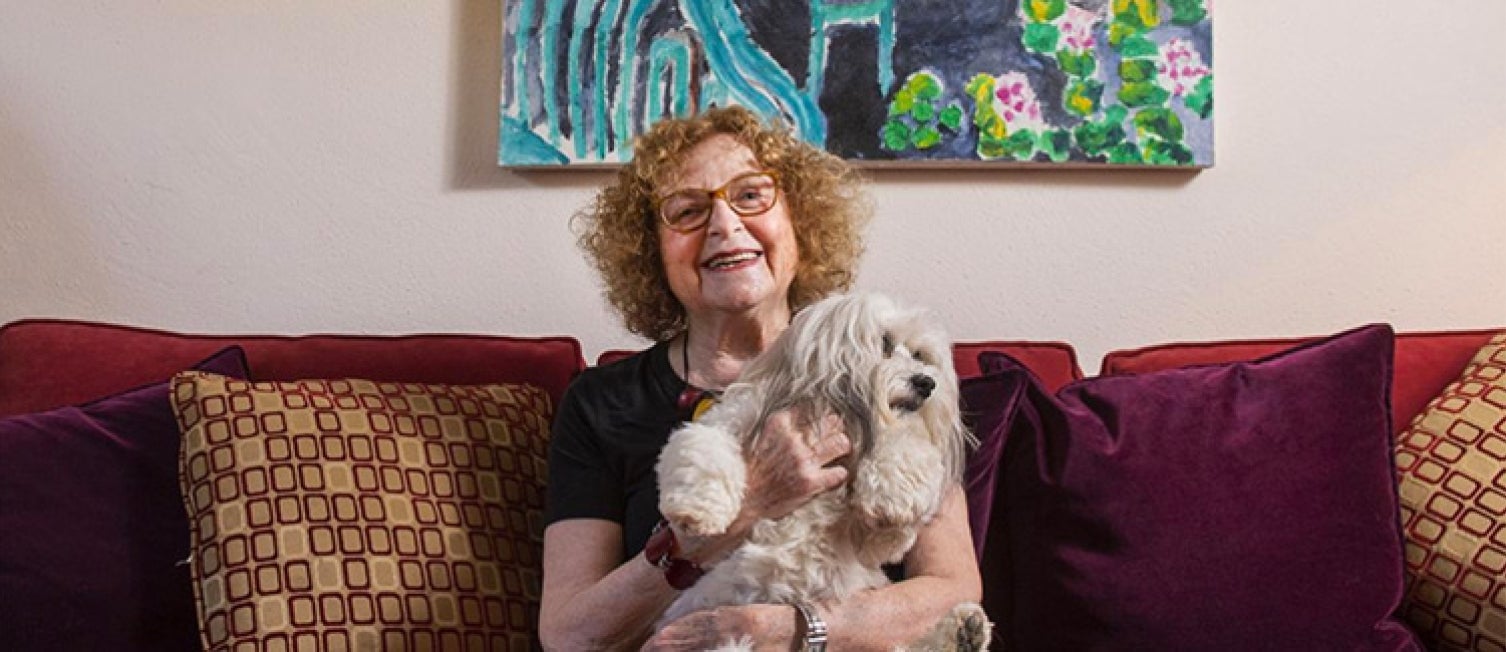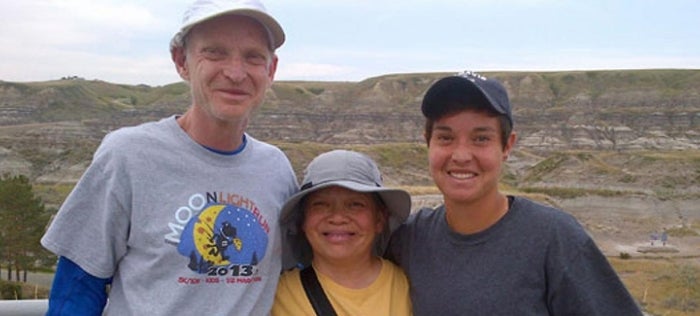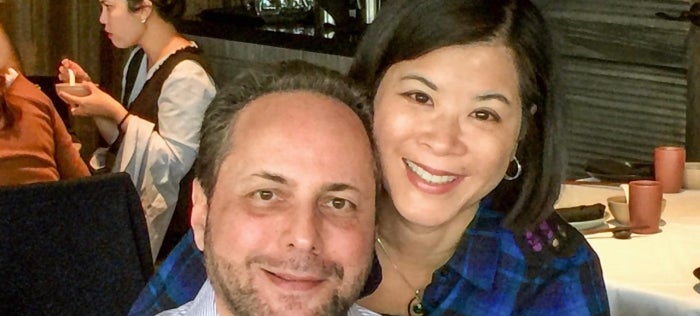
A teacher’s legacy for children in the classroom and beyond
Florence Grossenbacher Makes Planned Gift to UC Davis for Mental Health Research
Retired teacher Florence Grossenbacher understands what it’s like for a young person facing mental health challenges, and she intends to help them by leaving a portion of her estate to the Behavior Health Center of Excellence at UC Davis.
“I always had to find a way to excel academically, despite severe moods and ups and downs that weren’t being acknowledged or understood,” Grossenbacher recalled.
Despite such obstacles, Grossenbacher found a way to do well in school, develop close friendships, work a job and save up enough to buy a convertible at the age of 16. The car was her freedom from home and expectations. She finally had a way to explore new experiences, including getting into college at the University of California, Berkeley.
“I always thought I was going to flunk my classes,” she explained. “I never thought that I was capable enough. My self-esteem never seemed to catch up with what I was really doing. I never could realize that I was a capable learner, even when the grades came in the mail and I continued to get all A’s.”
After graduating, Grossenbacher held a series of jobs, but it wasn’t until she became a teacher, where she used art in her own curriculum and often worked with students individually, that she found her passion. For more than 40 years, she brought the outside world into the classroom and the classroom into the outside world. But it wasn’t always easy.
Grossenbacher did not always have times of even-mindedness. There were periods of mania. She worked three jobs, often long into the night. She enrolled in classes and became engrossed in new ideas and skills that she would later teach to others. Her work – though important – was all consuming, to the exclusion of her friendships and her marriages.
The concern of friends led her to seek psychiatric help and ultimately to her first diagnosis of bipolar disorder and an initial course of treatment with lithium.
Years later, during a time of immobilizing depression, a close friend made a call to help Grossenbacher. She was immediately set up with an appointment to see UC Davis Health psychiatrist and professor Don Hilty.
“Hilty was compassionate and professional, assuring me that he would be able to help at a time when I thought nothing would make a difference. From there, we started on the path of identifying the right medications to stabilize me. That was not an easy process, but at some point, we succeeded,” she said. “I sit here today knowing treatment is possible. It’s been years now that I’ve been stable, and I owe that to the love and support of friends and the team of individuals at UC Davis.”
A Legacy for Future Generations
Grossenbacher’s trust in the expertise and resources of UC Davis sparked her recent bequest to the Behavioral Health Center of Excellence for bipolar disorders research. The center aims to bridge neuroscience research, mental health care, public policy and implementation to improve the lives of those touched by mental illness.
Throughout her years as a teacher, Grossenbacher saw many children in need of early diagnosis and treatment. When students came to her for support, Grossenbacher was able to form a deep connection with them by first sharing about her own experience. After hearing her story and how she overcame her struggles, students felt they “didn’t have to hide who they were anymore.”
Grossenbacher hopes her legacy will continue to support the health of the next generation. She said, “These youth are our future. This gift is a way of taking care of one another by helping those in need.”


